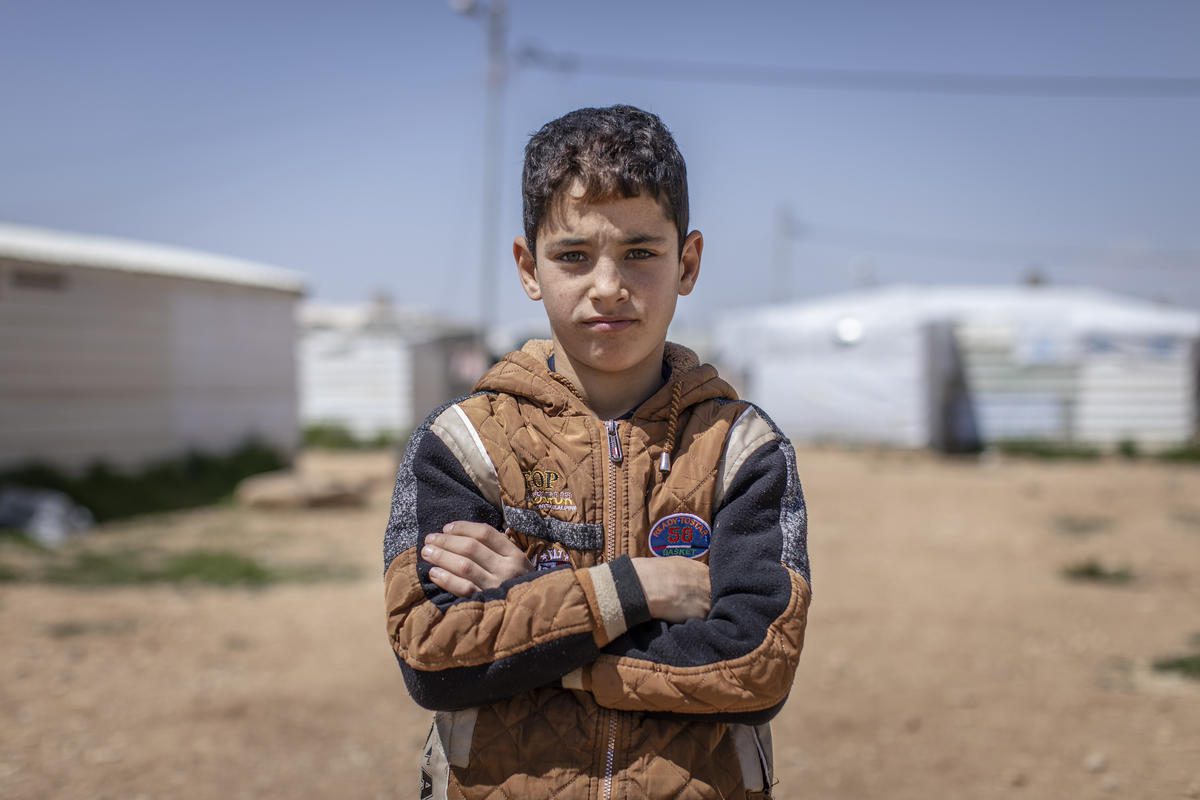June 20 is World Refugee Day. In times of the global Covid 19 pandemic, the plight of millions of children and families is dramatically worsening. To protect them from hunger, violence or exploitation, parents and their children are venturing on life-threatening escape routes in the hope that their children will finally be able to go back to school, grow up healthy and protected and be part of a community in a safe country. We have a responsibility to ensure that refugee children are also granted their rights to protection, education and participation.

Even 30 years after the ratification of the Convention on the Rights of the Child, children in many countries of the world still experience violence in armed conflicts, are exposed to poverty and child labour or have no access to education and health. They are discriminated against on the basis of their ethnic or religious affiliation and are persecuted or suffer maltreatment on the basis of their gender.
The worldwide Covid 19 pandemic has further aggravated the manifold plight of children. In Afghanistan, the measures to contain Covid-19 are creating the threat of a major famine. Rohingya refugees had to wait for weeks on the open sea due to the closed borders of Malaysia. Thousands of families have been detained in camps and at borders and are at the mercy of the virus in the large refugee camps, unprotected and without health care. It can be expected that due to the dramatic impact of the Covid 19 pandemic, more people will flee in the future. Already today, children make up more than half of the 68.5 million people who are currently on the run.
Children need special protection now
The Convention on the Rights of the Child states that children, regardless of their nationality, and especially refugee children, need special protection. After all, children are first and foremost children. Their childhood takes place now, in this moment – regardless of the corona virus, war or hunger. However, children are often invisible as refugees. Reporting, political discussions and measures in the countries of origin and host countries focus mainly on adults.
However: for years now, around half of all asylum applications in Switzerland have come from children and young people. The time has come to perceive refugee children in the asylum system as independent actors, to let them have their say and hear their voices, to see their needs and to protect them from violence, discrimination and poverty. The best interests of the child must be put first – regardless of nationality or residence status.
Switzerland can do a lot to support children and families who have fled. For example, through the increased reception of minors with or without adult caregivers who are on the move. Or by making asylum centres at federal and cantonal level more child-friendly by creating rooms and facilities where children and young people can learn, play and find a place to settle down.